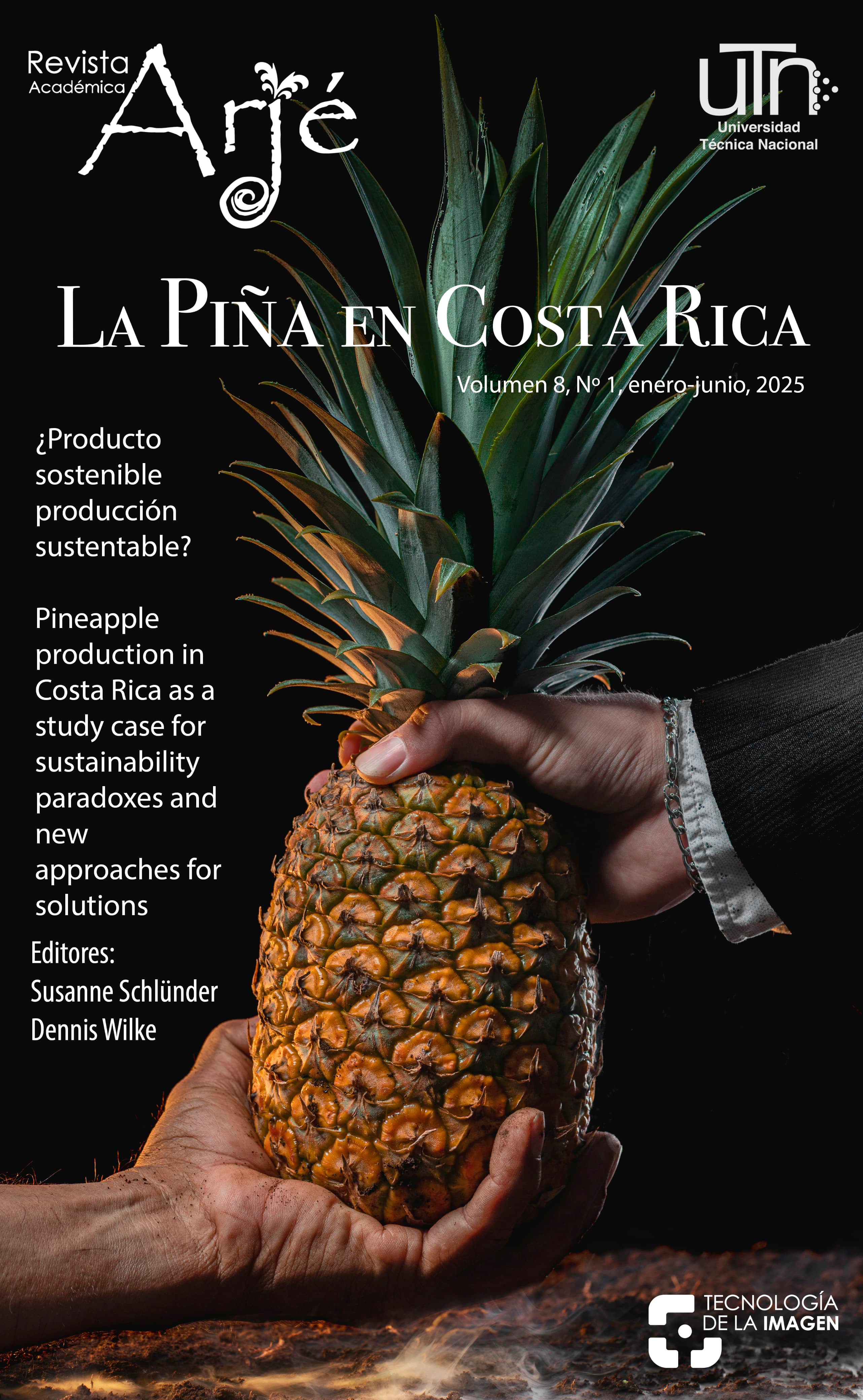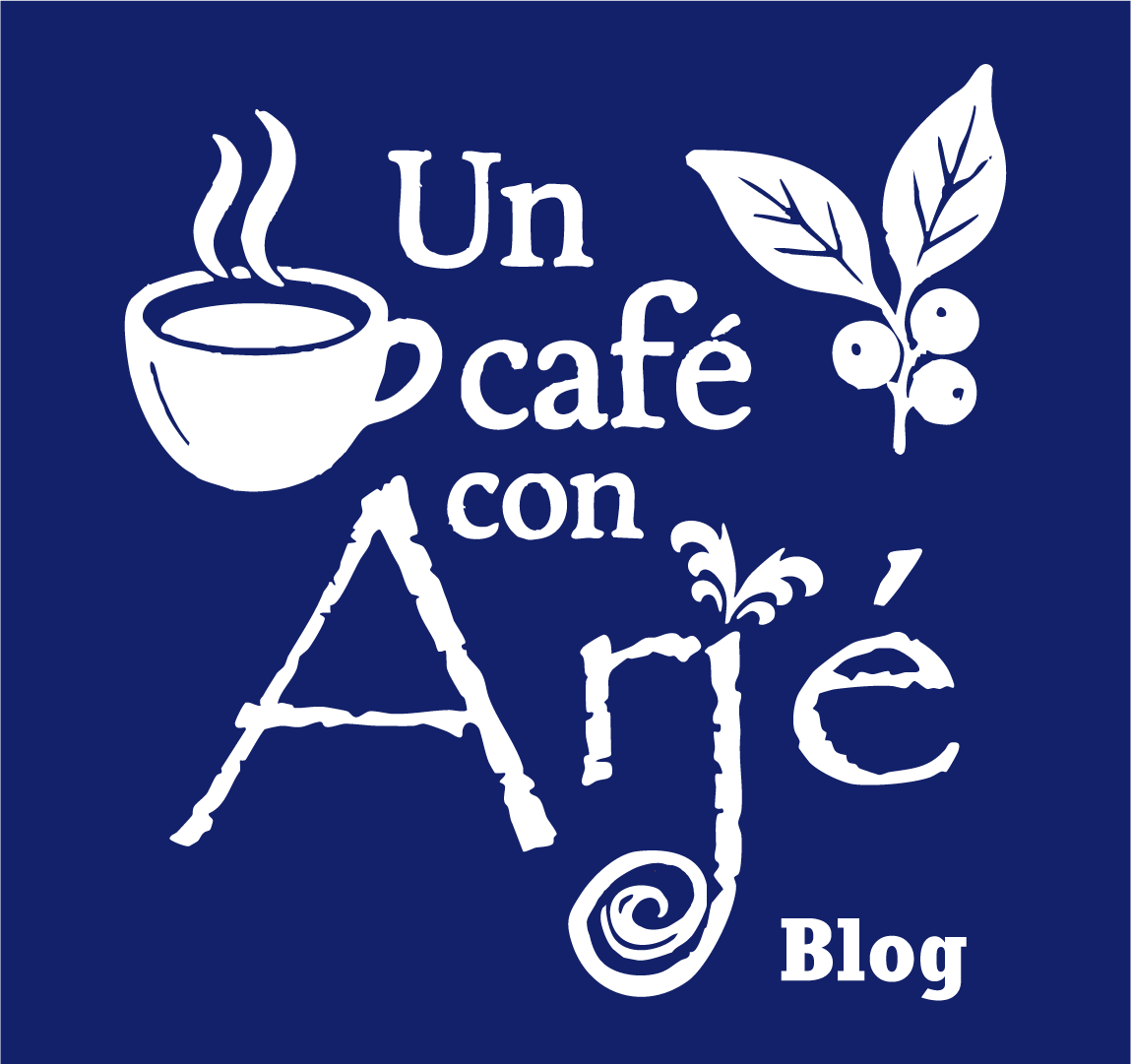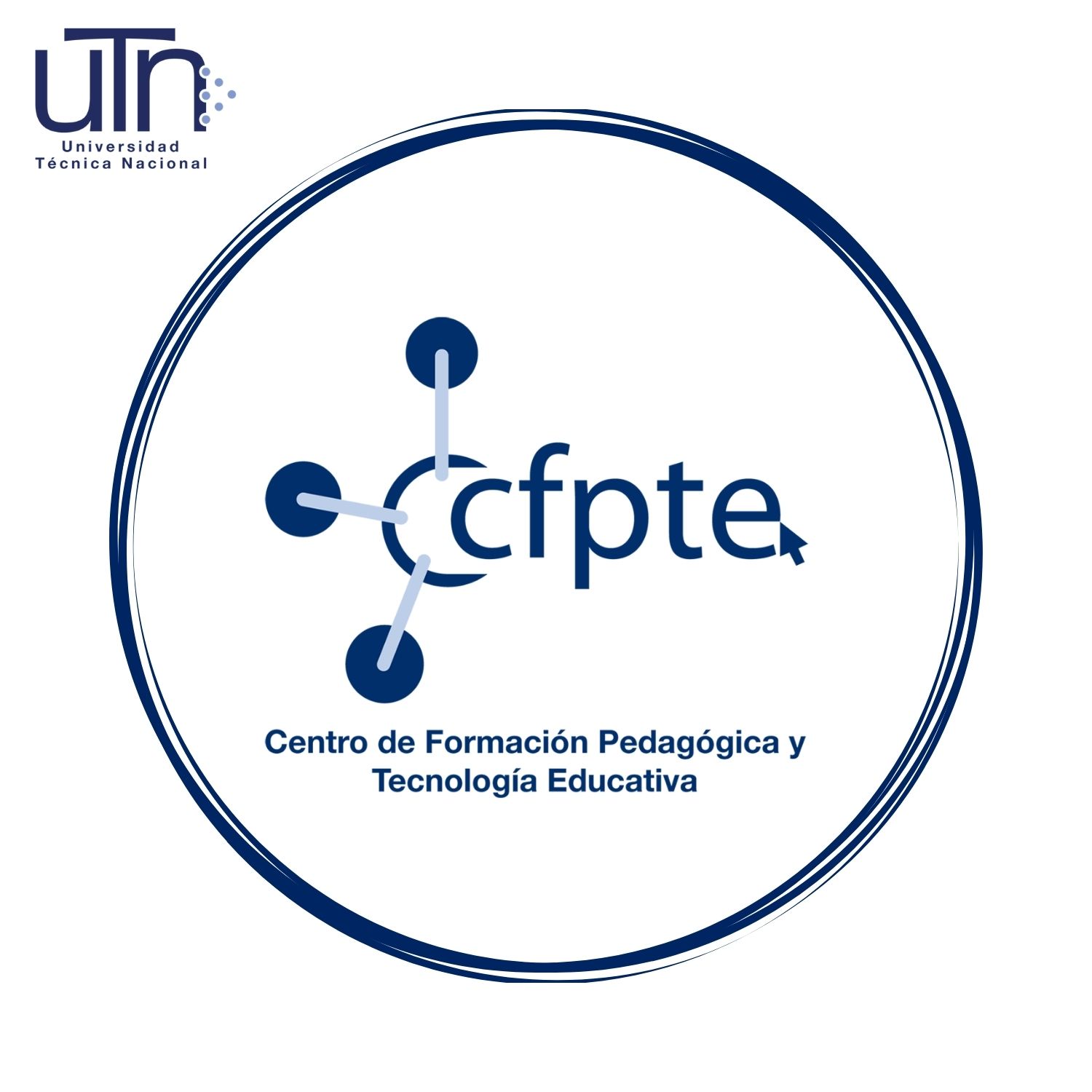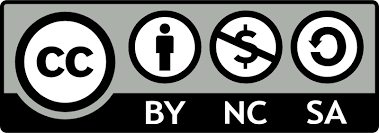New approaches to govern pineapple supply chains from Costa Rica: Towards more just and sustainable production and trade?
DOI:
https://doi.org/10.47633/0qw7d463Keywords:
Environment, Governance, Human Rights, Responsibility, Trade PolicyAbstract
The Costa Rican pineapple sector has been one of the key economic sectors in this biodiversity-rich country and has strongly expanded in the past decades. It is an export-oriented, high-impact sector that has contributed to sustainability problems such as pesticide pollution, labor rights violations, biodiversity loss, and the displacement of local communities from their lands. This article analyzes new and innovative approaches to better govern the supply chain of this agricultural product by focusing on 1) current dynamics in the sustainability certification of pineapples, 2) new human rights and environmental due diligence (HREDD) laws from Europe to hold companies accountable for adverse impacts in their supply chains and 3) innovative approaches of solidaric circular bioeconomy that aim to use the waste from pineapple production and to add value to raw material production in the sites of production. Based on primary data including interviews and field visits in Costa Rica, the analysis highlights the perspectives of different actors involved in this supply chain and the diverse governance instruments. The potential and limitations of these approaches will be discussed, asking who benefits and who is disadvantaged by existing governance arrangements, and showing how governance instruments and the policy mix could be further improved to contribute to a sustainable and just transformation of existing production and trade systems.
Downloads
References
Act relating to enterprises’ transparency and work on fundamental human rights and decent working conditions. (2021). https://www.regjeringen.no/contentassets/c33c3faf340441faa7388331a735f9d9/transparency-act-english-translation.pdf
Aili Hamzah, A. F., Hamzah, M. H., Che Man, H., Jamali, N. S., Siajam, S. I., & Ismail, M. H. (2021). Recent Updates on the Conversion of Pineapple Waste (Ananas comosus) to Value-Added Products, Future Perspectives and Challenges. Agronomy, 11(11), 2221. https://doi.org/10.3390/agronomy11112221
Amores-Monge, V., Goyanes, S., Ribba, L., Lopretti, M., Sandoval-Barrantes, M., Camacho, M., Corrales-Ureña, Y., & Vega-Baudrit, J. R. (2022). Pineapple Agro-Industrial Biomass to Produce Biomedical Applications in a Circular Economy Context in Costa Rica. Polymers, 14(22), 4864. https://doi.org/10.3390/polym14224864
Bastos Lima, M. G., & Schilling-Vacaflor, A. (2024). Supply chain divergence challenges a ‘Brussels effect’ from Europe’s human rights and environmental due diligence laws. Global Policy, 15(2), 260–275. https://doi.org/10.1111/1758-5899.13326
Bebbington, A., Abdulai, A.-G., Humphreys Bebbington, D., Hinfelaar, M., & Sanborn, C. (Eds.). (2018). Governing extractive industries: Politics, histories, ideas. Oxford University Press. https://doi.org/10.1093/oso/9780198820932.002.0003
Blomsma, F., Tennant, M., & Ozaki, R. (2023). Making sense of circular economy: Understanding the progression from idea to action. Business Strategy and Environment, 32(3), 1059–1084. https://doi.org/10.1002/bse.3107
Brown, J., Flint, T., & LaMay, J. (2020). The Politics of Pineapple: Examining the Inequitable Impacts of Southern Costa Rica’s Pineapple Industry. Journal of Public and International Affairs. https://jpia.princeton.edu/news/politics-pineapple-examining-inequitable-impacts-southern-costa-ricas-pineapple-industry
De Marchi, V., & Alford, M. (2022). State policies and upgrading in global value chains: A systematic literature review. Journal of International Business Policy, 5(1), 88–111. https://doi.org/10.1057/s42214-021-00107-8
Dietz, T., & Grabs, J. (2022). Additionality and Implementation Gaps in Voluntary Sustainability Standards. New Political Economy, 27(2), 203–224. https://doi.org/10.1080/13563467.2021.1881473
Directive (EU) 2024/1760 of the European Parliament and of the Council. (2024). http://data.europa.eu/eli/dir/2024/1760/oj
European Center for Constitutional and Human Rights. (2023). Edeka und Rewe verstoßen gegen Lieferkettengesetz. Q&A zum rechtlichen Hintergrund. ECCHR. https://web.archive.org/web/20241112233350/https://www.ecchr.eu/fileadmin/user_upload/Q_A_WI354b_Edeka_Bananen.pdf
Gansemans, A. (2019). Beyond the low-hanging fruit: Worker empowerment in Costa Rica-EU pineapple trade [Dissertation, Ghent University]. http://hdl.handle.net/1854/LU-8616539
Gereffi, G., Humphrey, J., Kaplinsky, R., & Sturgeon, T. J. (2001). Introduction: Globalisation, Value Chains and Development. IDS Bulletin, 32(3), 1–8. https://doi.org/10.1111/j.1759-5436.2001.mp32003001.x
Gesetz über die unternehmerischen Sorgfaltspflichten in Lieferketten. (2021). https://www.bgbl.de/xaver/bgbl/start.xav?startbk=Bundesanzeiger_BGBl&jumpTo=bgbl121s2959.pdf#/text/bgbl121s2959.pdf?_ts=1744859423104
Global Nature Fund, & Lake Constance Foundation. (2019). Del Campo al Plato: Baseline report: Biodiversity in standards of the banana and pineapple sector. https://bvearmb.do/handle/123456789/5934
Grabs, J., & Carodenuto, S. L. (2021). Traders as sustainability governance actors in global food supply chains: A research agenda. Business Strategy and the Environment, 30(2), 1314–1332. https://doi.org/10.1002/bse.2686
Green Commodities Programme. (n.d.). Country Factsheet. Costa Rica Pineapples. https://www.undp.org/sites/g/files/zskgke326/files/migration/gcp/COSTA-RICA-PINEAPPLES.pdf
Gustafsson, M.-T., Schilling-Vacaflor, A., & Lenschow, A. (2023). The politics of supply chain regulations: Towards foreign corporate accountability in the area of human rights and the environment? Regulation & Governance, 17(4), 853–869. https://doi.org/10.1111/rego.12526
Hickel, J., Hanbury Lemos, M., & Barbour, F. (2024). Unequal exchange of labour in the world economy. Nature Communications, 15(1), 6298. https://doi.org/10.1038/s41467-024-49687-y
Humbert, F., & Braßel, F. (2016). Süße Früchte, bittere Wahrheit. Die Mitverantwortung deutscher Supermärkte für menschenunwürdige Zustände in der Ananas- und Bananenproduktion in Costa Rica und Ecuador. Oxfam Deutschland. http://web.archive.org/web/20250404192810/https://www.oxfam.de/system/files/20150530-oxfam-suesse-fruechte-bittere-wahrheit.pdf
Ingwersen, W. W. (2012). Life cycle assessment of fresh pineapple from Costa Rica. Journal of Cleaner Production, 35, 152–163. https://doi.org/10.1016/j.jclepro.2012.05.035
Kruse, J. (with Schmieder, C.). (2015). Qualitative Interviewforschung: Ein integrativer Ansatz (2nd ed.). Beltz Juventa.
Loi n° 2017-399 du 27 mars 2017 relative au devoir de vigilance des sociétés mères et des entreprises donneuses d'ordre. (2017, March 27). https://www.legifrance.gouv.fr/jorf/id/JORFTEXT000034290626/
LeBaron, G., Lister, J., & Dauvergne, P. (2017). Governing Global Supply Chain Sustainability through the Ethical Audit Regime. Globalizations, 14(6), 958–975. https://doi.org/10.1080/14747731.2017.1304008
León Araya, A. (2021). Agrarian extractivism and sustainable development: The politics of pineapple expansion in Costa Rica. In B. M. McKay, A. Alonso-Fradejas, & A. Ezquerro-Cañete (Eds.), Agrarian Extractivism in Latin America (pp. 99–116). Routledge.
Marx, A., Sharma, A., & Bécault, E. (2016). Voluntary Sustainability Standards: An Overview (Acropolis Report - KLIMOS). Leuven Centre for Global Governance Studies.
Meybeck, A., & Redfern, S. (2014). Voluntary Standards for Sustainable Food Systems: Challenges and Opportunities: A Workshop of the FAO/UNEP Programme on Sustainable Food Systems (Nos. 11-12 June 2013; FAO Headquarters). Food and Agriculture Organization of the United Nations Environment Programme.
Narh Mensah, D. L., Addo, P., Dzomeku, M., & Obodai, M. (2018). Bioprospecting of powdered pineapple rind as an organic supplement of composted sawdust for Pleurotus ostreatus mushroom cultivation. Food Science & Nutrition, 6(2), 280–286. https://doi.org/10.1002/fsn3.551
Paniagua-Molina, J., & Solís-Rivera, L. R. (2020). Effect of “Golden Pineapple Innovation” on Costa Rica´s Pineapple Exports to U.S. Market: An Econometric Approach. International Journal of Food and Agricultural Economics, 8(3), 219–231.
Ponte, S. (2019). Chapter 13. Sustainability, global value chains and green capital accumulation. In S. Ponte, G. Gereffi, & G. Raj-Reichert (Eds.), Handbook on Global Value Chains (pp. 228–238). Edward Elgar Publishing. https://china.elgaronline.com/display/edcoll/9781788113762/9781788113762.00020.xml
Ponte, S. (2021). Three Orchestrating environmental sustainability in a world of global value chains. In F. Palpacuer & A. Smith (Eds.), Rethinking Value Chains (pp. 56–79). Policy Press. https://www.degruyterbrill.com/document/doi/10.56687/9781447359180-007/html
Pufé, I. (2017). Nachhaltigkeit (3rd ed.). UVK Verlagsgesellschaft.
Ramm, G., Fleischer, C., Künkel, P., & Fricke, V. (2008). Introduction of Voluntary Social and Ecological Standards in Developing Countries (No. Evaluation Reports, 043). Federal Ministry for Economic Cooperation and Development.
Regulation (EU) 2023/1115 of the European Parliament and of the Council. (2023). http://data.europa.eu/eli/reg/2023/1115/oj
Russo Lopes, G. (2023). Forest-making in agrarian frontiers: Place-based transformative pathways toward sustainability in the Brazilian Amazon [PhD thesis, University of Amsterdam]. https://hdl.handle.net/11245.1/699a1500-4330-4777-b83a-25ea86f721aa
Salvador, R., Blanco Pereira, R., Fernandes Sales, G., Vergani de Oliveira, V. C., Halog, A., & De Francisco, A. C. (2022). Current Panorama, Practice Gaps, and Recommendations to Accelerate the Transition to a Circular Bioeconomy in Latin America and the Caribbean. Circular Economy and Sustainability, 2(1), 281–312. https://doi.org/10.1007/s43615-021-00131-z
Schäkel, L. (2022). Identifizierung von Problemen im Ananasanbau Costa Ricas und Lösungsansätze für Verbesserungen entlang der Produktionskette [Doctoral thesis, Georg-August-Universität Göttingen]. https://doi.org/10.53846/goediss-9467
Tallontire, A., Opondo, M., Nelson, V., & Martin, A. (2011). Beyond the vertical? Using value chains and governance as a framework to analyse private standards initiatives in agri-food chains. Agriculture and Human Values, 28(3), 427–441. https://doi.org/10.1007/s10460-009-9237-2
Tan, E. C. D., & Lamers, P. (2021). Circular Bioeconomy Concepts—A Perspective. Frontiers in Sustainability, 2, 701509. https://doi.org/10.3389/frsus.2021.701509
Vagneron, I., Faure, G., & Loeillet, D. (2009). Is there a pilot in the chain? Identifying the key drivers of change in the fresh pineapple sector. Food Policy, 34(5), 437–446. https://doi.org/10.1016/j.foodpol.2009.05.001
Velasco-Muñoz, J. F., Mendoza, J. M. F., Aznar-Sánchez, J. A., & Gallego-Schmid, A. (2021). Circular economy implementation in the agricultural sector: Definition, strategies and indicators. Resources, Conservation and Recycling, 170, 105618. https://doi.org/10.1016/j.resconrec.2021.105618
Zahn, T., Vogel, S., Rötzsch, F., & Knapp, J. (2022, February 18). Grenzenlose Ausbeutung: Arbeitsmigrant*innen in den Lieferketten deutscher Supermärkte. Oxfam. https://www.oxfam.de/ueber-uns/publikationen/grenzenlose-ausbeutung-arbeitsmigrantinnen-lieferketten-deutscher
Published
Issue
Section
License
Copyright (c) 2025 Michel Ortland, Almut Schilling-Vacaflor

This work is licensed under a Creative Commons Attribution-NonCommercial-ShareAlike 4.0 International License.
All articles in the Revista Académica Arjé are published under the Creative Commons Attribution-NonCommercial-ShareAlike 4.0 International License (CC BY-NC-SA 4.0).
This means that:
-
Attribution: Proper credit must be given to the original authors, a link to the license must be included, and any changes made must be indicated.
-
NonCommercial: The material may not be used for commercial purposes.
-
ShareAlike: If the work is adapted or remixed, the resulting version must be distributed under the same license.
More information at: https://creativecommons.org/licenses/by-nc-sa/4.0/deed.en








